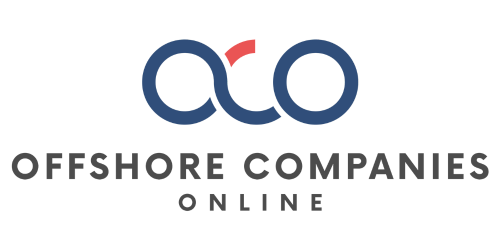In this article we’ll be comparing a number of popular offshore company jurisdictions. Entrepreneurs, investors, and businesses turn to offshore companies for a number of legitimate purposes, such as asset protection, tax optimization, estate planning, and confidentiality. Choosing the right jurisdiction is crucial to achieving these goals, as each jurisdiction offers unique benefits and legal frameworks.
1. Cook Islands
Overview: The Cook Islands is our most popular offshore jurisdiction, and for good reason, the legal framework in the Cook Islands is purpose-built to protect a variety of asset classes from creditors. While it is widely recognized for its trust laws, Cook Islands International Business Companies (IBCs) and Limited Liability Companies (LLCs) are equally popular.
Key Benefits:
- Asset Protection: The Cook Islands offer some of the world’s strongest asset protection laws. With a 5-year charging order being the sole remedy against a debtor’s interest.
- Privacy and Confidentiality: The jurisdiction provides a high level of privacy and confidentiality for company owners and beneficiaries. With no public register of beneficial ownership
- Flexible Corporate Structure: Cook Islands LLCs offer flexibility in management structure and do not require a board of directors.
- Tax Neutrality: There are no taxes on income, capital gains, or inheritance for offshore entities.
- Political and Economic Stability: The Cook Islands are politically stable, with a strong legal system based on English common law.
Considerations:
- Higher Costs: The costs associated with setting up and maintaining a company in the Cook Islands can be higher compared to some other jurisdictions.
2. Nevis
Overview: Nevis, part of the Federation of St. Kitts and Nevis, is a popular offshore jurisdiction known for its favorable LLC laws and strong privacy protections. It is a preferred choice for individuals and businesses looking for asset protection and ease of operation.
Key Benefits:
- Strong Asset Protection: Nevis LLCs provide robust protection against creditors. A 3-year charging order is the sole remedy against a debtor’s interest in a Nevis LLC, making it difficult for creditors to seize assets.
- Confidentiality: Nevis does not require public disclosure of company directors, shareholders, or beneficial owners, ensuring a high level of privacy.
- Flexible Management Structure: Nevis LLCs offer a flexible management structure with no requirement for a board of directors or annual meetings.
- Ease of Formation and Maintenance: Companies can be formed quickly and cost-effectively, with minimal annual reporting requirements.
- No Taxes: Offshore entities in Nevis are not subject to local income, estate, or inheritance taxes.
Considerations:
- Geopolitical Risks: Being a small island nation, Nevis may face geopolitical risks and pressures from larger nations to conform to international tax standards.
- DD Requirements: Nevis is becoming increasingly difficult to work with due to its outdated due diligence requirements which include reference letters.
3. British Virgin Islands (BVI)
Overview: The British Virgin Islands is one of the most well known offshore jurisdictions globally, particularly for business companies (BCs). It is favored for its stable political environment, sound legal framework, and efficient corporate services.
Key Benefits:
- Stability: The BVI is offers a stable political climate and a legal system based on English common law.
- No Local Taxes: Offshore companies in the BVI are not subject to local corporate taxes, capital gains taxes, or withholding taxes.
- Flexibility: BVI BCs can conduct various types of businesses and have a flexible corporate structure with no requirements for local directors or shareholders..
Considerations:
- Public Registry Requirements: Recent regulations require BVI companies to maintain publicly accessible registers of directors, which could affect privacy.
- Economic Substance Requirements: Companies must demonstrate adequate economic substance in the BVI if they engage in certain business activities, adding complexity to operations.
- Poor Reputation:The BVI has been criticized for its association with tax avoidance and financial secrecy, which can lead to negative perceptions and increased scrutiny from regulatory bodies and financial institutions.
4. Cayman Islands
Overview: The Cayman Islands is a premier offshore jurisdiction, particularly favored for hedge funds and financial services due to its regulatory environment and comprehensive financial infrastructure.
Key Benefits:
- Tax Neutrality: The Cayman Islands does not impose direct taxes on profits, capital gains, or income for offshore companies.
- Strong Financial Infrastructure: The jurisdiction has a well-developed banking sector and a broad range of professional services, making it ideal for financial services companies.
- Regulatory Environment: The Cayman Islands are known for their effective but flexible regulatory environment, which has made them a global hub for investment funds.
- Reputation: The Cayman Islands enjoy a strong international reputation and are viewed favorably by international investors and financial institutions.
Considerations:
- High Costs: The cost of setting up and maintaining an offshore company in the Cayman Islands can be higher than in other jurisdictions.
- Economic Substance Requirements: Similar to the BVI, the Cayman Islands has economic substance requirements for companies engaged in certain activities.
- Reduced Privacy: While confidentiality is still strong, international pressures have led to increased transparency and reporting requirements.
5. Seychelles
Overview: Seychelles is an increasingly popular offshore jurisdiction known for its cost-effective company formation and privacy features. It is a favored choice for entrepreneurs seeking a low-cost, low-maintenance offshore solution.
Key Benefits:
- Cost-Effective: Seychelles offers some of the lowest costs for company formation and maintenance among offshore jurisdictions.
- Privacy: Seychelles provides strong privacy protections, with minimal disclosure requirements for company directors and shareholders.
- No Local Taxes: Offshore companies in Seychelles are not subject to local income taxes, capital gains taxes, or withholding taxes.
- Ease of Formation: The process of setting up an offshore company in Seychelles is straightforward, with minimal paperwork and reporting requirements.
Considerations:
- Perception: Seychelles may not have the same level of international prestige as some other offshore jurisdictions, which could impact the perception of its companies.
- Regulatory Changes: While currently favorable, the regulatory environment can be subject to change, which may affect offshore operations.
6. Belize
Overview: Belize is a popular offshore jurisdiction known for its user-friendly company formation process and strong privacy laws. It is often chosen by small and medium-sized businesses for its straightforward regulatory environment.
Key Benefits:
- Ease of Formation: Belize offers a simple and efficient company formation process, with minimal regulatory hurdles.
- Privacy: Belize provides strong privacy protections, with no requirement for public disclosure of company directors or shareholders.
- No Local Taxes: Belize offshore companies are exempt from local income taxes, capital gains taxes, and inheritance taxes.
- English Common Law: The legal system in Belize is based on English common law, providing a familiar legal framework for many international investors.
Considerations:
- Limited Financial Services: Belize may have a less developed financial infrastructure compared to more established offshore jurisdictions, which could limit access to certain banking and financial services.
- Reputation: Like Seychelles, Belize may not have the same level of prestige as other jurisdictions, potentially affecting its attractiveness to some international clients.
- Instability: Belize is subject to political and economic instability, which may impact its attractiveness as a long-term business location. Changes in government or economic conditions could introduce uncertainties for offshore operations, while it’s high crime rate leaves much to be desired.
When comparing offshore company jurisdictions it is important to consider your specific needs and goals. If you are looking for the strongest asset protection, the Cook Islands and Nevis are our most popular choices, however, if you’d like to discuss this, please feel free to contact us or book a free consultation with one of our specialists



